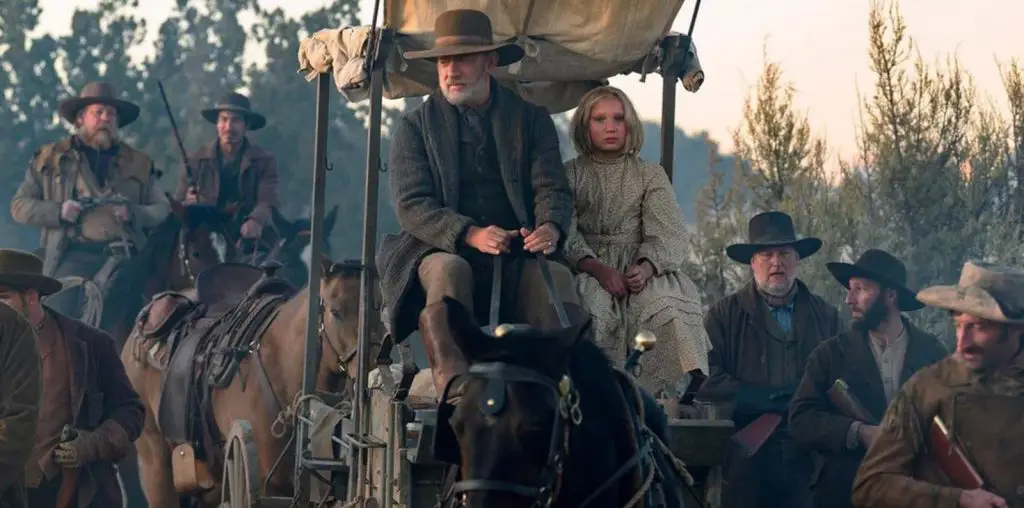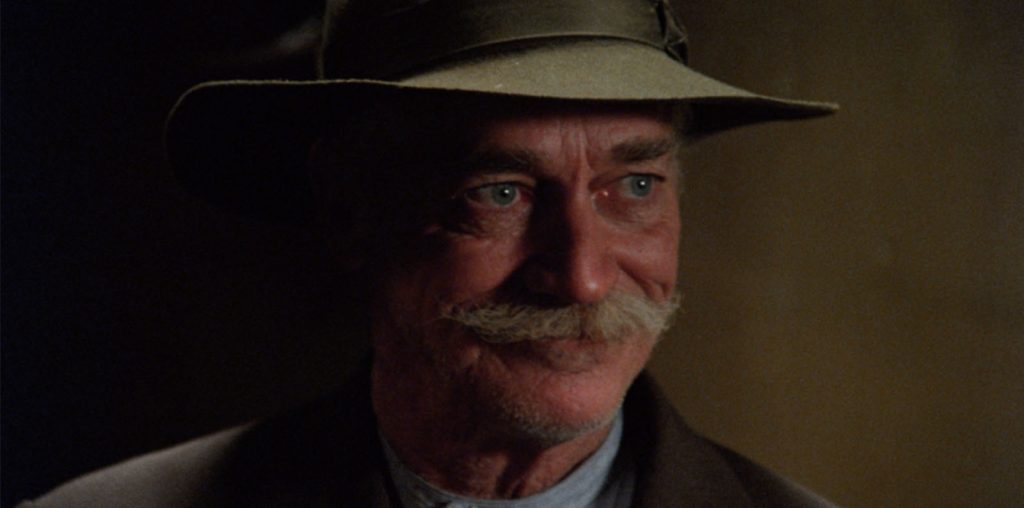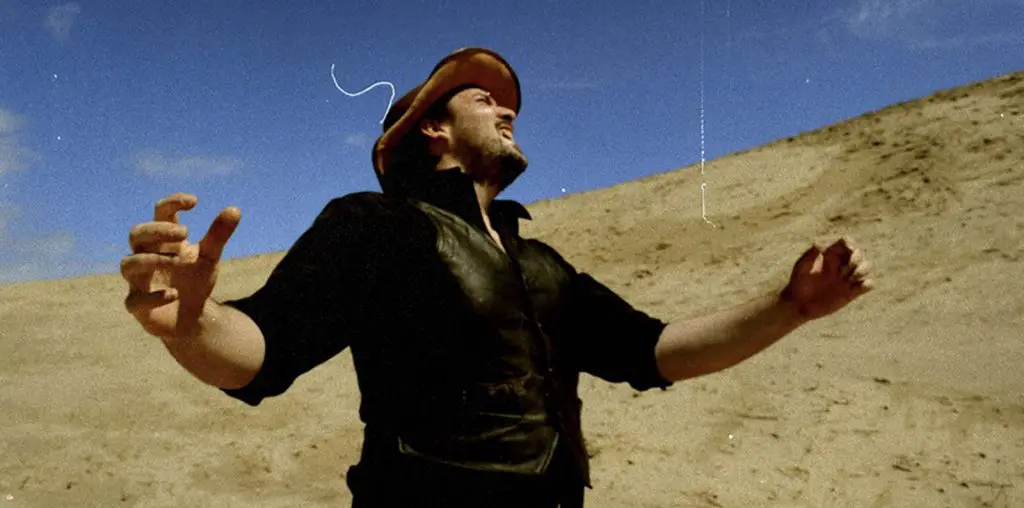
Only recently, westerns seemed doomed to extinction. A prolonged gap (intermittently, single-handedly, filled by Kevin Costner) was abruptly followed by a deluge of disparate interpretations of the genre: from the sci-fi trappings of Prospect to fiercely feminist visions as interpreted by The Beguiled. David Perrault’s Savage State opts for Jacques Audiard’s contemplative mood but fails to balance it out with fleshed-out heroes, a sense of humor, or even a coherent point. What we’re left with is the novelty of a well-worn genre seen through a very French, existential prism; it’s all jaw-droppingly beautiful and sleep-inducingly dull.
In other words, don’t come expecting wild horse chases or sleazy saloon shoot-outs. There are exactly three suspenseful sequences in Savage State. A tense ballroom sequence kicks things off way too late into the film (“Make people dance!”), followed by a treacherous passage through the mountains about halfway through and the final showdown; thankfully, it’s not a Mexican standoff. The rest of the movie is all prolonged shots of great American plains, juxtaposed against the existential rumination on its characters’ chiseled faces. This is a sloooow two hours.
The year is 1863—the Civil War tears America asunder. Deeming themselves neutral when it comes to politics, French settlers have acclimated themselves well in states like Missouri – until the victorious Yankees from the north come pillaging, raping, and kidnapping. Edmond (Bruno Todeschini), his wife Madeleine (Constance Dollé), and their three daughters, Esther (Alice Isaaz), Justine (Déborah François), and Abigaëlle (Maryne Bertieaux), are violently yanked out of their surroundings and forced to embark on a journey back to Paris. They are escorted by the solemn mercenary Victor (Kevin Janssens), whose tumultuous past threatens to jeopardize their escape.
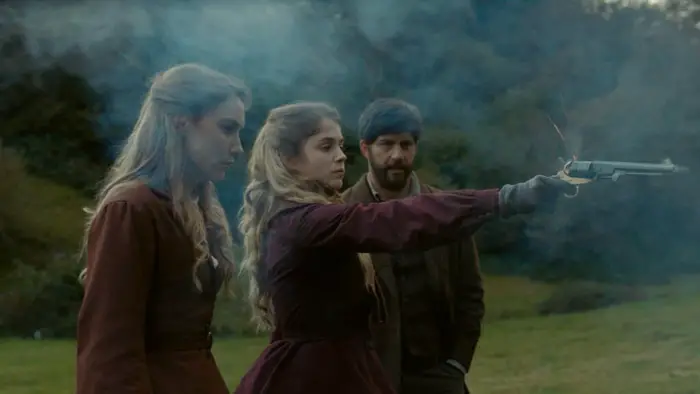
“…escorted by the solemn mercenary Victor, whose tumultuous past threatens to jeopardize their escape.”
Boy, does it take a while for Savage State to get going. Laborious exposition, pauses so pregnant they’re about to go into labor–there’s establishing a milieu to fully immerse the viewer, and then there’s inducing a coma-like state for 40 minutes. Even when things seem like they’re about to get going, the director pumps the breaks, choosing to observe his characters traverse the endless American terrain over, you know, building any sort of conflict. The blossoming romance between Esther and Victor is so subdued it may as well have been entirely cut out, which would have immensely helped with the pacing. The subplot involving a character following our heroes fails to build much tension.
Part of the issue is that the characters are impenetrable. We know surface-level things about them–they don’t want to leave their home; Esther is proud, introspective, and impulsive; Justine is reasonable; Abigaëlle is vulnerable. But there’s next to no clear motivations; the overall relatability factor is low. It’s refreshing to see a genre that’s normally dominated by men led by several female characters, but Perrault undercuts his good intentions by not making them compelling or strong enough. He is more successful at examining the French’s assimilation in the American South (e.g., attempting to teach Americans traditional French songs) and their consequent exile back to a place they barely remember. The costume and production designs are also impressive throughout (I especially love Victor’s GQ-cover coat). Extra props to cinematographer Christophe Duchange for his sumptuous camerawork.
A truly original western is buried amidst all the overbearing music, slow-motion shots, and voodoo (yes, you read right). Savage State could have been an 80-minute nail-biter. Perrault goes for an atmospheric, extended, incisive character study instead. He gets the “atmospheric” and “extended” parts down pat.
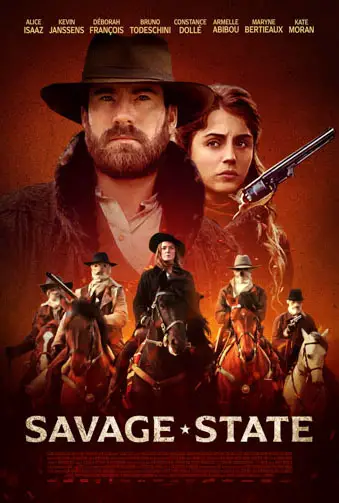
"…jaw-droppingly beautiful and sleep-inducingly dull."
